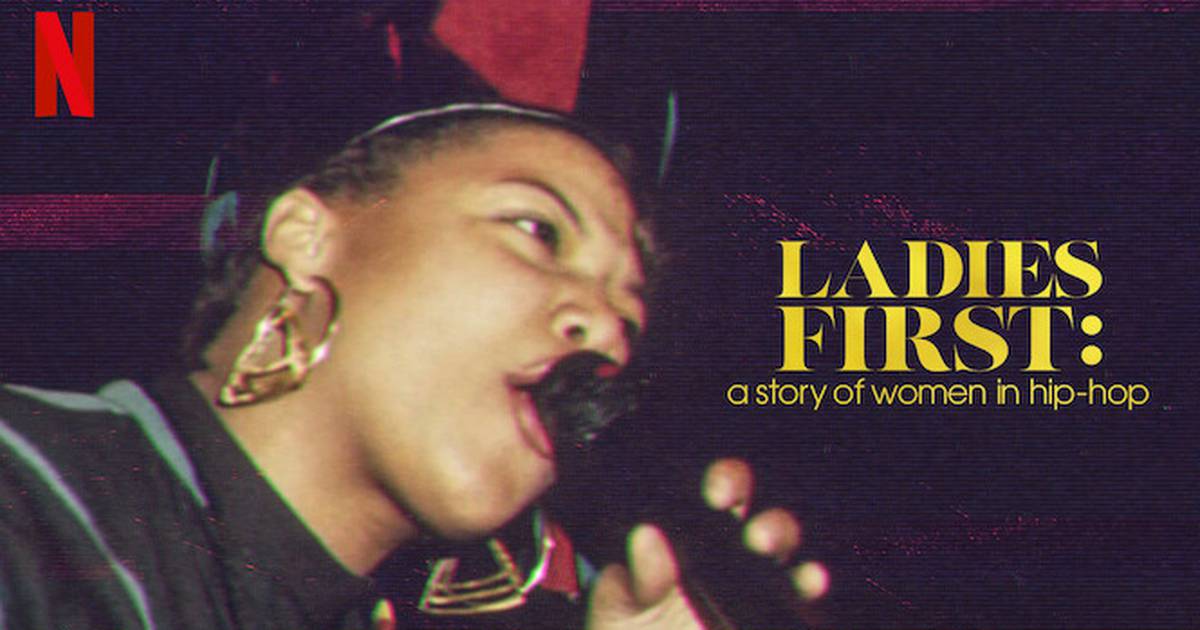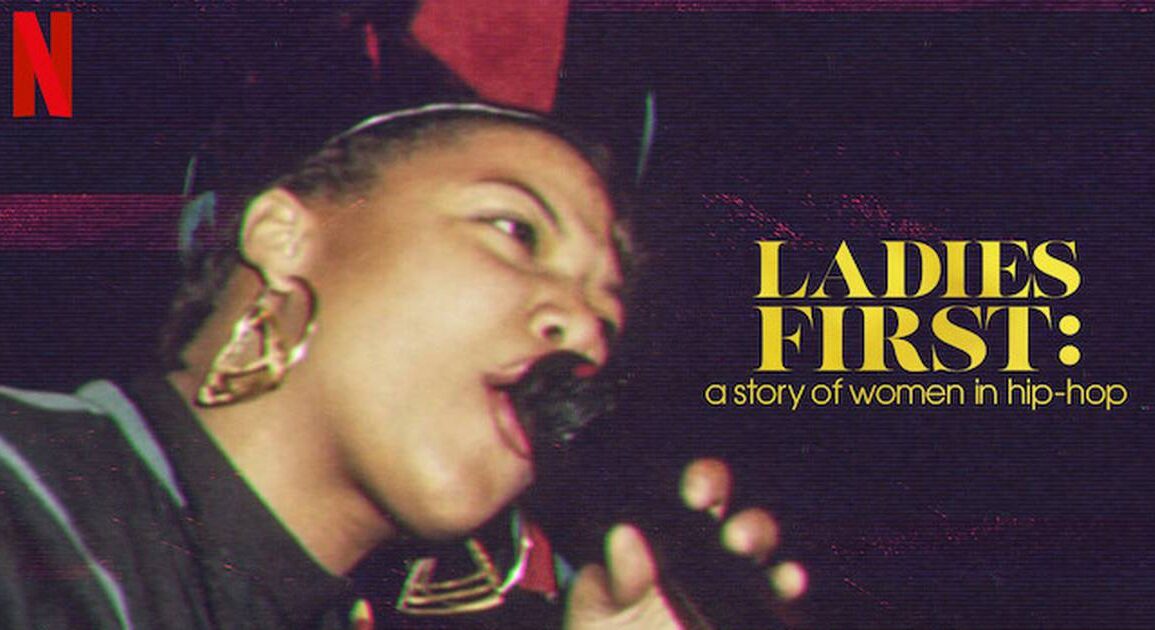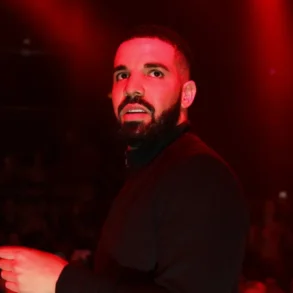
In the grand tapestry of hip-hop’s history, it is often male voices and faces that dominate the narrative. But beneath the surface, there is a powerful current of trailblazing women whose contributions to the genre have shaped it into the cultural behemoth it is today. “Ladies First: A Story of Women in Hip-Hop” is a four-part docuseries that delves into the racism, sexism and misogyny, which runs rampant in the male-dominated industry.
Co-produced by producer Dream Hampton of “Surviving R. Kelly” and production designer Hannah Beachler of “Black Panther,” the Netflix series premiered on Aug. 9 to commemorate hip-hop’s 50th anniversary. The series pays tribute to significant musicians and moments in history, notably celebrating Queen Latifah and Monie Love’s 1989 track “Ladies First.”
From the disco-infused ‘70s to the explosive subgenre of drill, “Ladies First” unfolds episodically.
Throughout four episodes, the docuseries explores the hardships women have overcome to get a seat at the table. The series kicks off by introducing the trailblazers: Sha-Rock, Roxanne Shanté and MC Lyte. Tracing its origin out of South Bronx and onto a global stage, viewers are confronted with the systemic sexism plaguing women in hip-hop.
Episode two, “What Are They Up Against?,” exposes a raw and unfiltered look at the misogyny, colorism and relentless criticism plaguing artists like Remy Ma and Cardi B. Their stories are told through candid, and often emotional, interviews with managers and critics. It is commendable for the cast to expose the harsh realities they were forced to confront, both within and outside the music world.
The episode also explores the persistent sexism that has plagued women in rap, from objectification to impossible beauty standards. Women like Lil’ Kim, Foxy Brown, Nicki Minaj and Megan Thee Stallion have all faced scrutiny for their lyrical and visual choices, whether it be for embracing their sexuality or attempting to subvert expectations.
Augmented by insights and contextual depth provided by cultural critics and journalists, the series reaffirms the importance of female DJs, producers, agents and songwriters. What is most admirable about the series is the spotlight on iconic stylists such as Misa Hylton, who is the visionary fashion designer behind Lil’ Kim’s unforgettable purple one-sleeved jumpsuit and accompanying pasty at the ‘99 VMAs.
“I created a blueprint that people followed. That other artists reinterpreted. And fashion brands have also taken a piece,” Hylton reflected in the docuseries.
One of the most powerful revelations comes from producer Drew Dixon, who shares the story of how Method Man’s “All I Need” evolved from a potential album interlude to a full-fledged single featuring the soulful vocals of Mary J. Blige. “I was like, ‘This has to be a record.’ There is nothing in hip-hop articulating Black love and Black male vulnerability and mutual respect for a woman in a romantic context. And if it’s an interlude, no one will hear it,” he recalled in episode three.
As the series expands, it becomes evident that “Ladies First” serves as both an homage to the past and a reflection of the present. It illuminates the lives and achievements of those like Sha-Rock, who broke ground on “Saturday Night Live” with the Funky Four Plus One, marking the first hip-hop group performance on broadcast television. It also credits “The Mother of Hip-Hop,” Sylvia Robinson. Without her, the iconic “Rapper’s Delight” by the Sugarhill Gang might never have graced our ears as the first commercial rap single.
The political undercurrents within hip-hop are not left unexplored. While acts like Public Enemy were celebrated for their political messaging, female emcees like Sister Souljah and Queen Latifah previously faced pushback although they have used their platforms to address inequality and social issues affecting the Black community. Sister Souljah was used as a political scapegoat during the aftermath of the 1992 LA riots, demonstrating the challenges these artists navigated.
Nevertheless, the enduring sisterhood among women in hip-hop remains a powerful force. In today’s landscape, artists increasingly take control of their narratives by addressing topics like sexuality, mental health and motherhood in their lyrics. As contemporary female rappers continue to uplift one another, it demonstrates that there is room for everyone in the limelight.
If you are looking for a docuseries that combines insightful journalism with powerful historical storytelling, “Ladies First” is an absolute must-watch as it speaks to the cultural zeitgeist of our time.
“Ladies First: A Story of Women in Hip-Hop” is currently available to stream on Netflix.
This post was originally published on this site be sure to check out more of their content.









